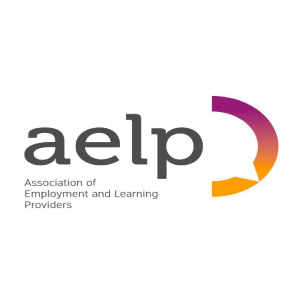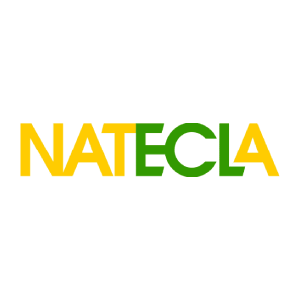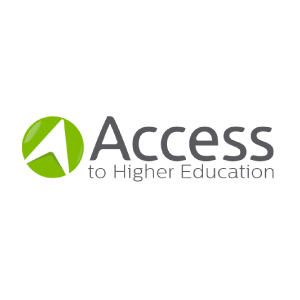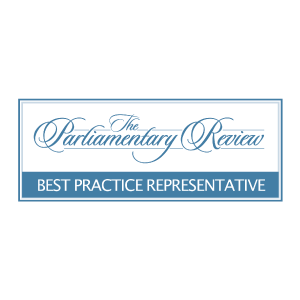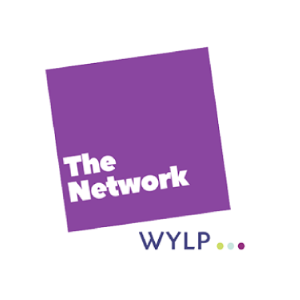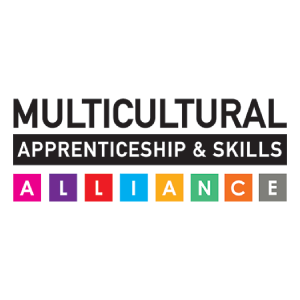
4 things learnt from the NATECLA Conference that you can apply to your ESOL teaching
1. Think Outside the Box
The move to online teaching has been a real learning curve for both teachers and learners. Online lessons are often teacher led and extra creativity is needed to achieve the level of group interaction that is possible face-to-face in the classroom. This need to think differently also applies to monitoring learners’ progress, with tutors no longer being able to walk around the classroom and physically see students work.
Furthermore, it can be much harder to keep learners motivated and inspired to study remotely. Many may be struggling to adjust or feeling isolated. As a result, confidence boosting activities are important. Teaching in ways that appeals to learners and using different learning styles through comics, music or poetry can help to boost confidence and engagement. A great idea discussed at the Conference is the #FEForestSchool campaign which encourages learners to study outside. Statistics show that ESOL learners are less likely to explore the outdoors, making this a great way to inspire them to do so whilst boosting morale.
2. Make use of Online Tools
There are many online tools available to aid remote delivery whilst ensuring lessons are still interactive. Some of the most popular tools discussed at the Conference were:
- Live Worksheets – allowing you to transform regular printed worksheets into interactive ones. Learners can complete these online and send to their tutors for feedback. The site includes a bank of worksheets that have been uploaded by other teachers which are available to use, saving your time. This tool is very useful for testing your learners’ spelling and grammar. Activities include gap-fill, drag-and-drop, line matching, and listen and click.
- Socrative – an education technology programme that allows you to set up quizzes, monitor results and keep an eye on progress. Some tutors use this by giving learners the same 20 questions over a 4 week period to check their skills and to see what knowledge they have retained. An example given during the Conference was providing ESOL learners with 20 questions on the spelling of jobs, and matching jobs to workplace and skills. This encourages students to continue learning remotely and offers a quick and efficient way to monitor results and highlight any areas of improvements, influencing future lessons. Being online, it also improves your learners’ integration of digital skills.
- Jamboard – was voted the best online whiteboard by the tutors who attended the Conference for its ease of use.
3. Create Personal Learning Experiences
Online Learning promotes a more personal learning experience. Many ESOL teachers have found that online learning is more personal with smaller groups of learners than in the classroom, and it’s provided an unique opportunity to get to know learners better and see additional development needs outside of their main area of study.
4. Prepare Learners for their Next Steps through a Broader Curriculum
Lockdown has highlighted the need for a broader ESOL curriculum incorporating Digital Skills and Well-being subjects. With the learning and work environment being revolutionised overnight to a more digital and lone focus as well as the job market becoming tougher, there’s a growing importance to include additional subjects in the ESOL curriculum to prepare learners for study, work and life in the new normal. During the summer we produced a blog on the changing priorities for ESOL provision. Click here to read more.
Additional Subjects to Enrich ESOL Curriculums
The following qualifications can be paired with ESOL to offer additional opportunities for learners and to further enhance their knowledge:
Employability
Our suite of Employability qualifications complement ESOL programmes. They are fully funded through the Local Flexibility Offer and unit certification is available. Here is a selection of the qualifications that could be used to enhance your learners’ curriculums:
- Entry 1, 2 and 3 Award in Using Employability Skills – These cover 3 aspects of personal and social development, work skills and vocational skills; helping learners overcome barriers to employment and learn new skills in specific areas of employability.
- Entry 2, 3 and Level 1 in Skills for Employment – Introduction to the skills needed to gain employment and build confidence. Example of units included are CV Writing, Applying for A Job, ICT for Employment, and Rights and Responsibilities.
- And many more.
These qualifications are assessed through a portfolio of evidence and are suitable for blended learning. Click here to find out more about our Employability qualifications.
Progression to Further Learning and Work
Ascentis Progression to Further Learning and Work qualifications are fully funded through the Local Flexibility Offer and provide you with a wide choice of units.
A brand new qualification which can be delivered alongside ESOL programmes is our Entry 3 and Level 1 Identity and Belonging in Modern Britain – designed to help learners explore their identity and work towards understanding their own sense of belonging, in order to achieve a skill set that will enable them to operate independently and effectively in every part of work, education and life in modern Britain.
Our Progression to Further Learning and Work qualifications are assessed through a portfolio of evidence and are suitable for blended learning.
Click here to find out more about all the qualifications within this suite.
Short Online Qualifications
25 subjects to choose from including Infection Control and Prevention, Mental Health & Well-being, Healthy Living, Social Media Awareness, Online Safety, Managing Personal Finance and many more. A benefit of these qualifications is that they can be fully completed remotely through our e-Invigilation platform. To find out more about these qualifications click here.
Essential Digital Skills
Available at Entry 3 and Level 1 coming soon. To be added to our mailing list for announcements regarding this qualification please contact us here.
Progression for ESOL
Community Interpreting
These qualifications are available at Level 1 to Level 3 and are aimed at learners who have an interest in the role of an interpreter and working with different linguistic groups in the community. Our Level 3 qualification is based on the National Occupational Standards and is aimed at learners who wish to undertake interpreting work at a basic level. Learners can also choose sectors to specialise in at this level. Click here to find out more about our Community Interpreting qualifications.
Volunteering for ESOL Learners
These qualifications have been designed to provide the basic skills required to support teaching and learning of English as a second language in a wide range of contexts. Learners will be taught the importance of safeguarding and confidentiality in the classroom and how to address some of the challenges English language learners encounter. NATECLA guidance for volunteers was used as a basis in the development of these qualifications. Click here to find out more about this qualification.
Get In Touch
If you have any questions on anything in this article or would like further information on our qualifications please click here to contact us.
